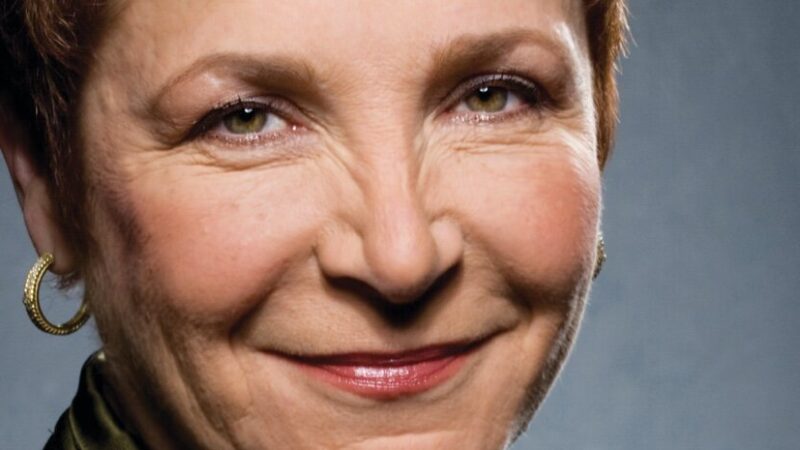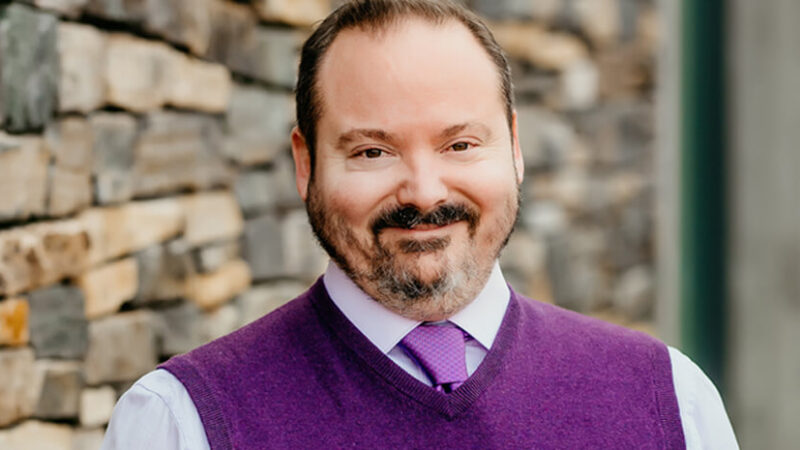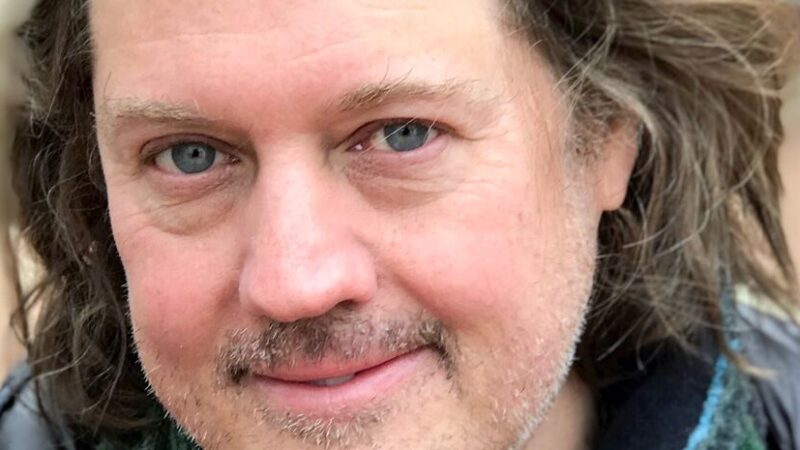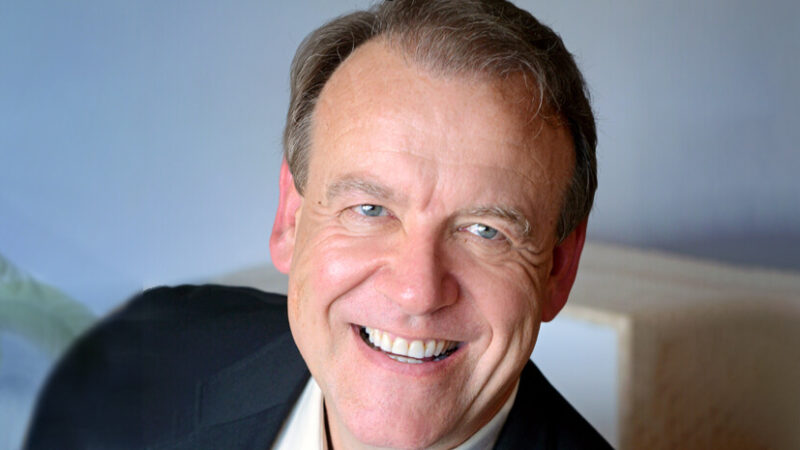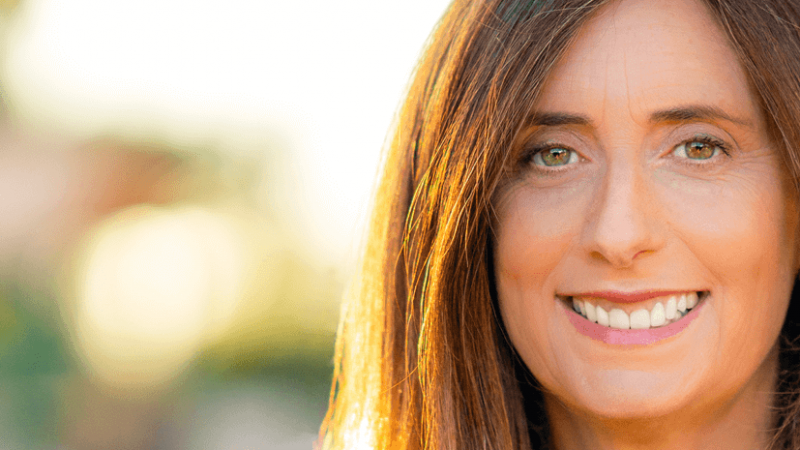Clarissa Pinkola Estés: Untie the Strong Woman
Dr. Clarissa Pinkola Estés is an award-winning poet, senior Jungian psychoanalyst, and cantadora (keeper of old stories in the Latina tradition). Dr. Estés is the author of the bestseller Women Who Run With the Wolves, along with over a dozen audio programs from Sounds True. In this episode of Insights at the Edge, Tami Simon talks with Dr. Estés about the themes and stories in her book Untie the Strong Woman: Blessed Mother’s Immaculate Love for the Wild Soul. They speak on the different manifestations of the Holy Mother figure in many cultures, how our relationship with our own biological mother affects how we relate to the archetype of the great mother force, and what it means to live with “an unruined heart.” (65 minutes)

